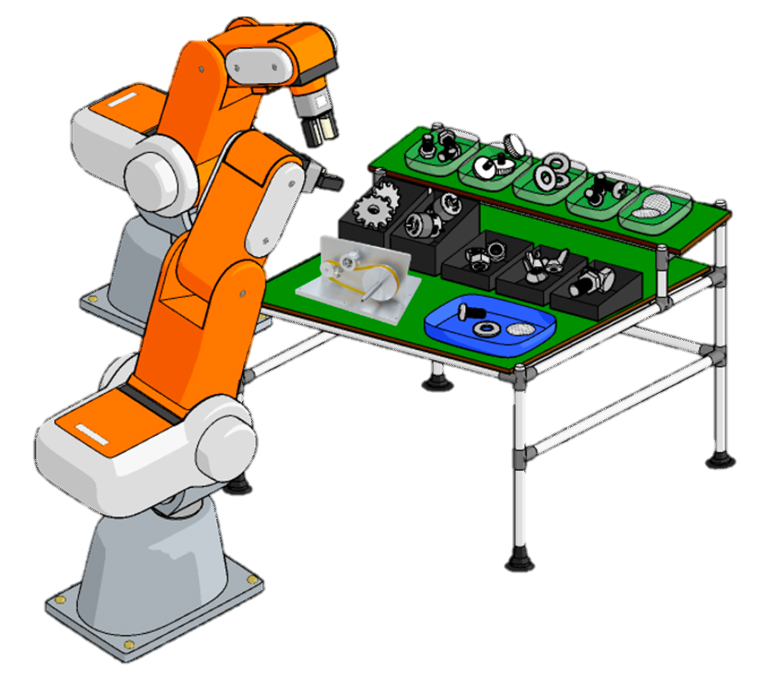Research Statement
Reactive is essential for intelligent robots to handle the physical interactions during the manipulation. To be reactive, the robot should be prepared with close integration of end-effector design, perception, planning and control algorithms, for all of which the insights from contact mechanics and dynamics are critical. The MPI Lab brings those disciplines together, to equip robots the capability of understanding, sensing and controlling the contact with the real world.
Tactile Sensing
Sensing is the pre-condition for closing the control loop. We design tactile sensors that are critical for contact sensing in robotic manipulation.
Vision-based Tactile Sensor Design
We chose to work on the hardware platform of visual-based tactile sensor because it can provide high spatio resolution and vivid signal for the physical interaction between the robotic finger and the grasped or touched object.
Related publication:
- D. Ma, E. Donlon, S. Dong, A. Rodriguez, “Dense Tactile Force Estimation using GelSlim and inverse FEM", 2019.pdf
Perception
Tactile Force Sensing
We propose a method called inverse FEM to infer the dense contact force distribution from the strain field measurements that we retrieve from the visual-based tactile sensor.
Related publication:
- D. Ma, E. Donlon, S. Dong, A. Rodriguez, “Dense Tactile Force Estimation using GelSlim and inverse FEM", 2019.pdf
Tactile Motion Tracking
With the visual-based tactile sensing, we achieve high-accuracy Motion Tracking for the grasped-object. This methodology can work not only for the visual-based tactile sensors but also for all the other tactile sensors as long as they can retrieve accurate 3D strain field of the contact.
Related publication:
- D. Ma, S. Dong ,A. Rodriguez, “Extrinsic Contact Sensing with Relative-Motion Tracking from Distributed Tactile Measurements”, ICRA 2021. ICRA Best Conference Paper Award.pdf
Extrinsic Contact Sensing
Comments from the award committee: "The paper makes a notable contribution to the important and re-emerging field of tactile perception by solving the problem of contact localization between an unknown object held by an imprecise grasp and the unknown environment with which it is in contact. This paper represents an excellent theory-to-practice exercise as the novel proposal of using extrinsic tactile array data to infer contact is verified with a new tactile sensor and real robotic manipulation in a simplified, but realistic environment. The authors also provide a robust and honest discussion of results, both positive and negative, for reader evaluation."
Related publication:
- D. Ma, S. Dong ,A. Rodriguez, “Extrinsic Contact Sensing with Relative-Motion Tracking from Distributed Tactile Measurements”, ICRA 2021. ICRA Best Conference Paper Award.pdf
Robotic Manipulation
Planning and Control

more to come ...